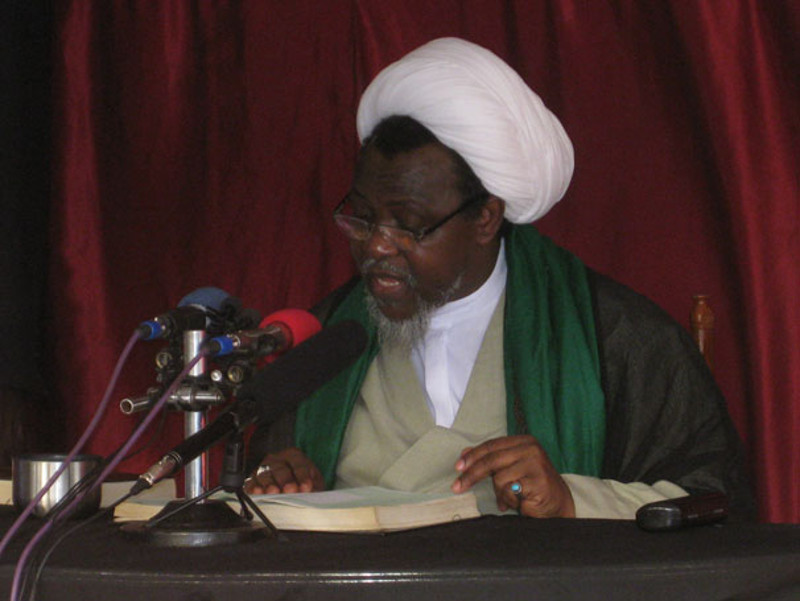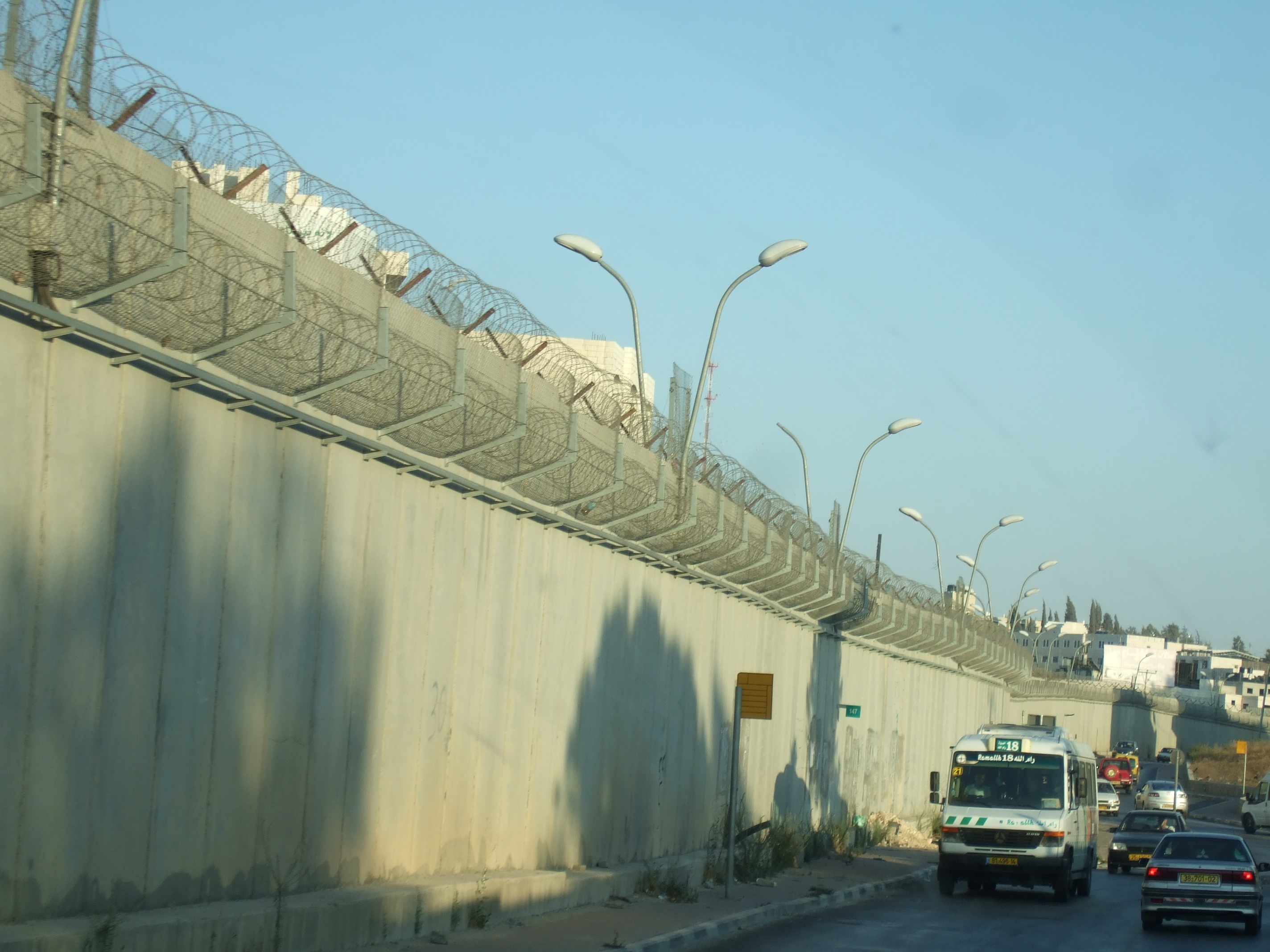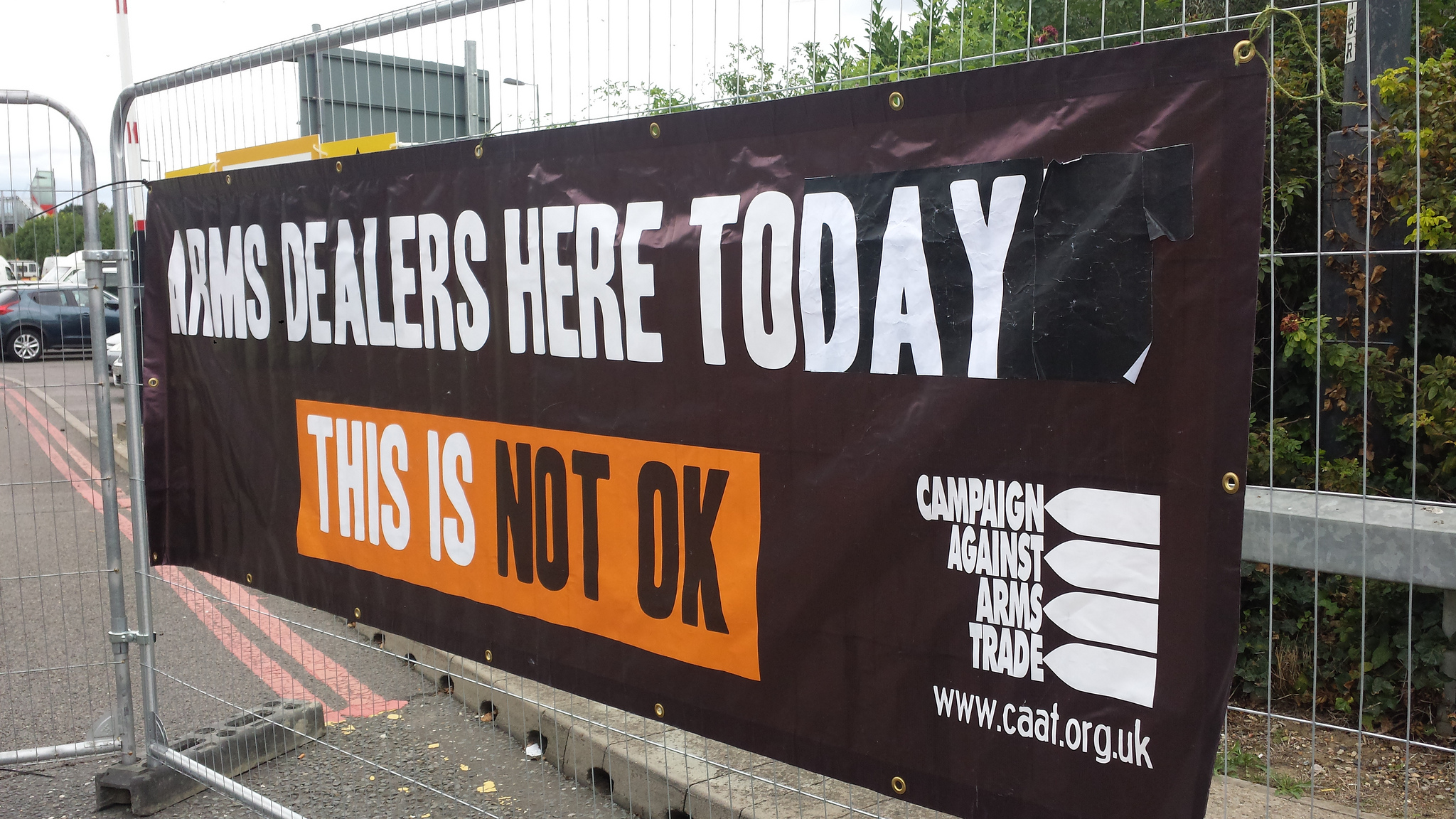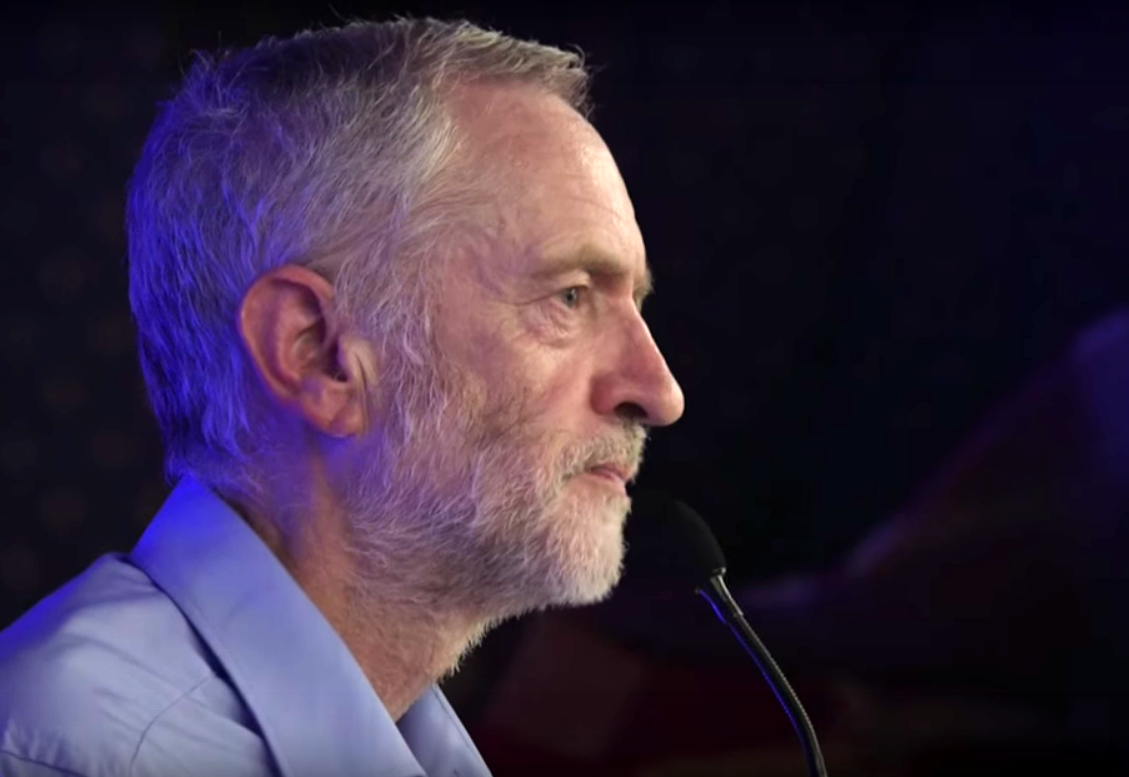On Dec. 12, Nigerian government forces carried out a brutal massacre against the country’s minority Muslim Shia population, with some media reporting over 1,000 killed, after the military imprisoned and tortured the group’s important dissident leader Sheikh Ibrahim Zakzaky.
The news of the slaughter of a minority religious group emerges as Nigeria announced it is considering joining Saudi Arabia in the fight against Daesh (the Arabic acronym for the group commonly known in the West as ISIS), linking two nations known for repression and repeated, disturbing human rights violations. Saudi Arabia, in turn, has a history of promoting the extremist religious ideology of Wahhabism that inspires terrorist groups like Nigeria’s own Boko Haram, the terrorist group that the country is still struggling to control, and even al-Qaida and Daesh.
And Zakzaky isn’t the only activist to face imprisonment in recent months — Nigeria has a reputation for quashing political dissent no matter where it’s source. However, the arrest and crackdown came just months after Muhammadu Buhari, a retired army general, successfully won election on a promise to restore order to the country.




